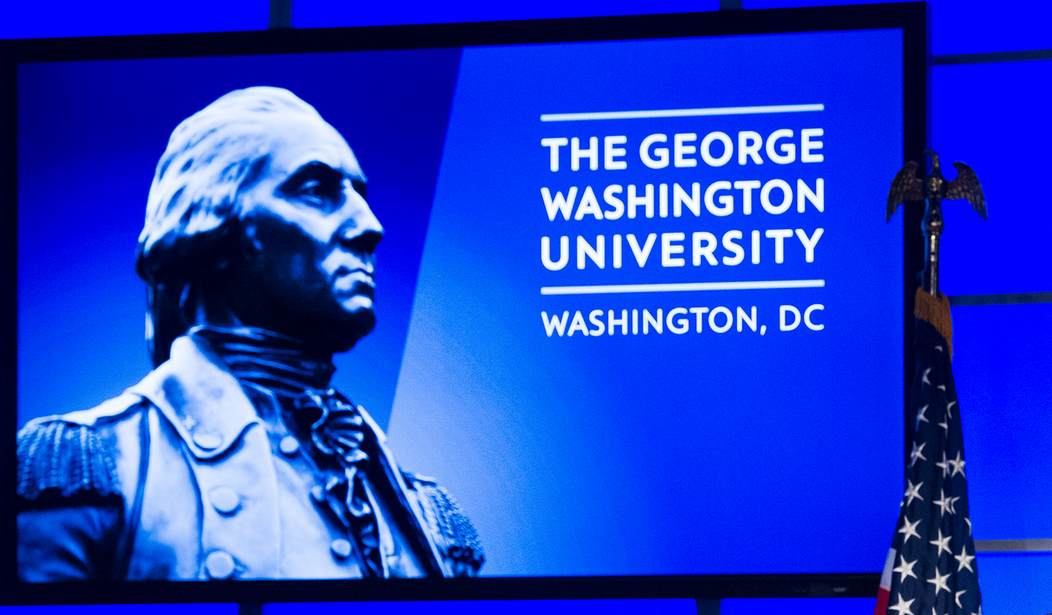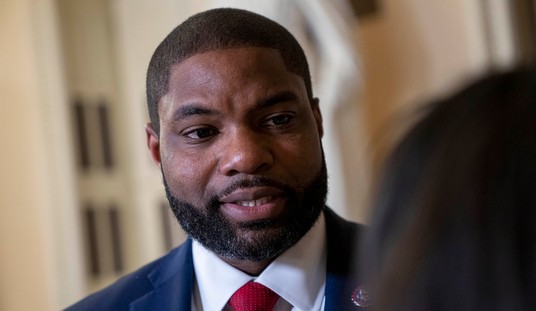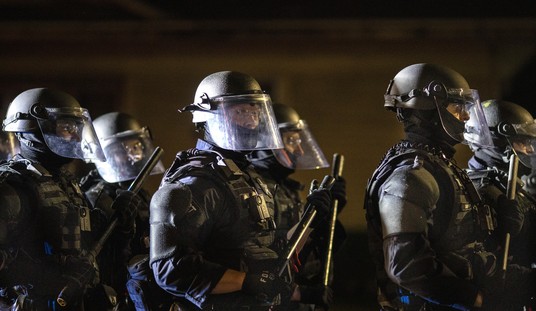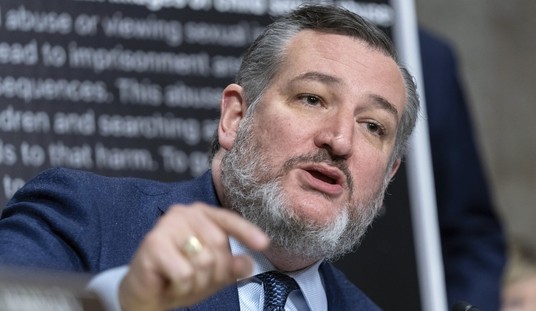Over the past decade, progressives created and nurtured a movement to cancel key figures in American history. This effort is ostensibly intended to address the white supremacist roots of the nation’s founding and progression and supposedly create a less-bigoted society.
But I would argue this movement has nothing to do with coming to terms with America’s history and is, in reality, part of a more insidious agenda to remake the nation in the image of Marxism.
In an op-ed for The Hill, author Douglass Mackinnon asked if we could discuss America’s founding fathers “honestly” instead of canceling them. It’s a great question. If you happen to be part of the hard left, however, the answer is a resounding “no.”
Mackinnon pointed to several examples of the Cancel Culture Community™ targeting various historical figures. “In one of the latest examples of this cancel culture movement, following a year-long campaign, an elementary school in New Jersey has changed its name from honoring Thomas Jefferson to honoring Delia Bolden, the first Black woman to graduate from high school locally,” he wrote.
For another example, he notes that the Virginia Department of Education sought to erase references to George Washington as the “Father of our Country” and to James Madison as the “Father of the Constitution.”
The author also pointed to a recent protest in Boston calling for the removal of the name of Peter Faneuil, one of the Founding Fathers. One of the protesters argued, “We should not have the name of a white supremacist attached to a publicly-owned building. That’s who he was: a white supremacist, a human trafficker.”
He also referred to a Washington Post op-ed that called for renaming George Washington University because the institution is “rooted in systemic racism, institutional inequality and white supremacy.”
Just before the July 4 weekend, a California school board member called for that holiday to be “boycotted,” rather than celebrated; some Arizona Democrats advertised a “F*** the Fourth” event; and city officials in Orlando, Fla., later apologized for a July 4 statement which said, in part, that “A lot of people probably don’t want to celebrate our nation right now, and we can’t blame them … .”
In May, an opinion column in The Washington Post called for the renaming of George Washington University. Why? You guessed it: Because the school, according to the columnist, is “rooted in systemic racism, institutional inequality and white supremacy.”
In San Francisco, the school board voted 6-1 to change the names of almost a third of the city’s schools. These included schools named after Abraham Lincoln and Paul Revere, even though neither man owned slaves.
The reasoning behind this movement is that placing these people in places of honor somehow constitutes an endorsement of the fact that some of these people owned slaves or engaged in otherwise racist conduct. Proponents suggest that this history should be emphasized more than the contributions these people made to the creation of the United States. Many of these folks have accused those who disagree of wanting to whitewash the negative aspects of American history while supporting a system that is still systemically racist.
But as I stated previously, I believe their true intentions have little to do with teaching America’s true history as a way to march closer to a more harmonious relationship between Americans of various ethnicities. Indeed, many of those supporting this initiative have no problem fomenting racial strife and pouring more gasoline on an already-blazing inferno.
It seems to me that their goal is to undermine the greatness of America’s founding to convince people that this country was fatally flawed to its core from its inception. If this were true, many of us would agree that the fundamental transformation of the nation that President Barack Obama sought is necessary. After all, if America were truly racist to its core to the point that it actively works to ensure that the majority of non-whites are oppressed, it would definitely be in need of serious reform, wouldn’t it?
This is precisely the end goal for progressives. They seek to remake the country into the socialist utopia promised by folks like Karl Marx. In order to do this, they must convince Americans that their country was always evil and in need of a complete revolution.
This is why they do not want to talk honestly about the Founding Fathers.
Of course, those who do not subscribe to this initiative believe that we should tell it all: The good, the bad, and the ugly.
Yes, George Washington owned slaves. So did Thomas Jefferson, who is believed to have even raped one of his female slaves. Abraham Lincoln was not perfect either. At one point, he believed blacks should not be enslaved but also suggested shipping them back to Africa.
But none of this changes the fact that the Founding Fathers created the greatest nation on Earth. Moreover, most of them were conflicted on the idea of ending slavery – many believed the “peculiar institution” should be abolished. However, they were unable to get enough support to end it during the time of America’s formation; they still did what they could to ensure the practice was ended in the future. Could they have done more? Probably. But the fact remains: Their contributions are every bit as important as their flaws.
We can discuss both like honest adults without pushing an agenda. Unfortunately, this is the very last thing the hard left would like to happen. So no, as long as these people dominate the conversation, we cannot discuss the Founding Fathers honestly.













